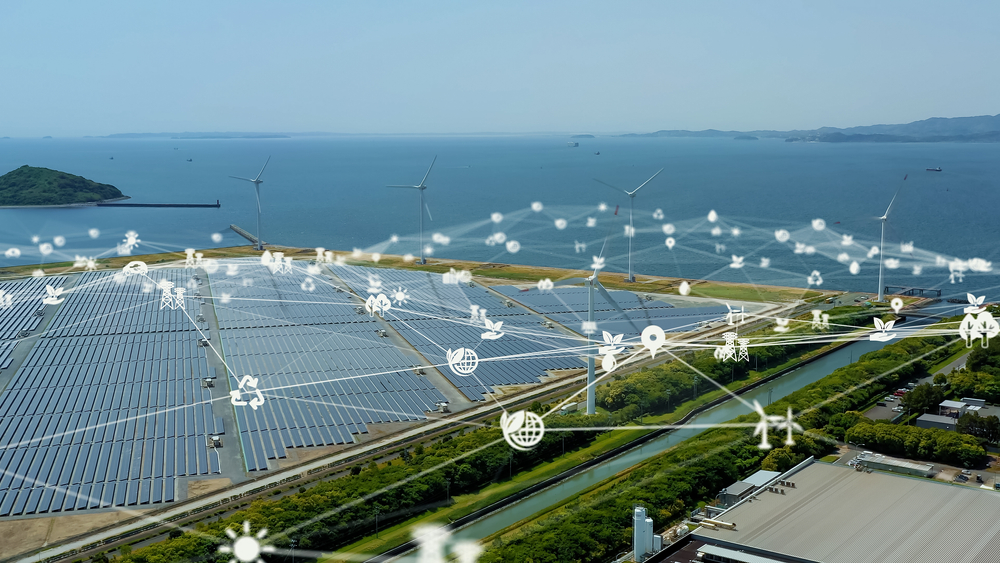Google has reported a significant increase in greenhouse gas emissions over the past five years, threatening its commitment to achieving net zero emissions by 2030. The main reason for the increase in emissions was the expansion of data centers needed for the development of artificial intelligence systems.
Emission Statistics and Causes
According to a recent environmental report, Google’s greenhouse gas emissions reached 14.3 million tons of carbon equivalent in 2023. This is 48% more than in 2019 and 13% more than the previous year, reports Ars Technica. Google’s chief sustainability officer, Kate Brandt, reaffirmed the company’s commitment to achieving net-zero emissions by 2030 but acknowledged its “overly ambitious” nature. “We still expect our emissions to continue to rise, but up to a point,” Brandt said.

The main reason for the increase in emissions was the rise in electricity consumption by data processing centers, which are necessary for the operation of artificial intelligence systems. Energy-related emissions rose 37% in 2023 and accounted for a quarter of the company’s total greenhouse gas emissions.
Supply Chain and Future Impact
Google also reported an 8% increase in supply chain emissions, accounting for 75% of the company’s total emissions. This trend is expected to continue in the near future due to the expansion of infrastructure required to run AI systems. The company acknowledged that “the future environmental impact of AI is complex and difficult to predict.” However, Google continues to work to reduce emissions, including through signing clean energy agreements.
Climate experts have generally expressed concern about the environmental impact of power-hungry AI systems. Bernstein analysts predict that AI could double the growth rate of electricity demand in the United States in the coming years, as major technology giants such as Google, Amazon, and Microsoft have announced plans to invest tens of billions of dollars in AI. In particular, Microsoft admitted that its emissions have increased by almost a third since 2020, largely due to the construction of data centers. At the same time, Bill Gates expressed the opinion that AI will be able to find a solution to climate problems in the future.
Despite the challenges, Google remains on track to reach its goal of using carbon-free energy by 2030, although it acknowledges that some clean energy projects were abandoned in 2023, resulting in reduced access to renewable energy, notes NIX Solutions. We’ll keep you updated on any progress and developments in Google’s journey towards its 2030 goals.
